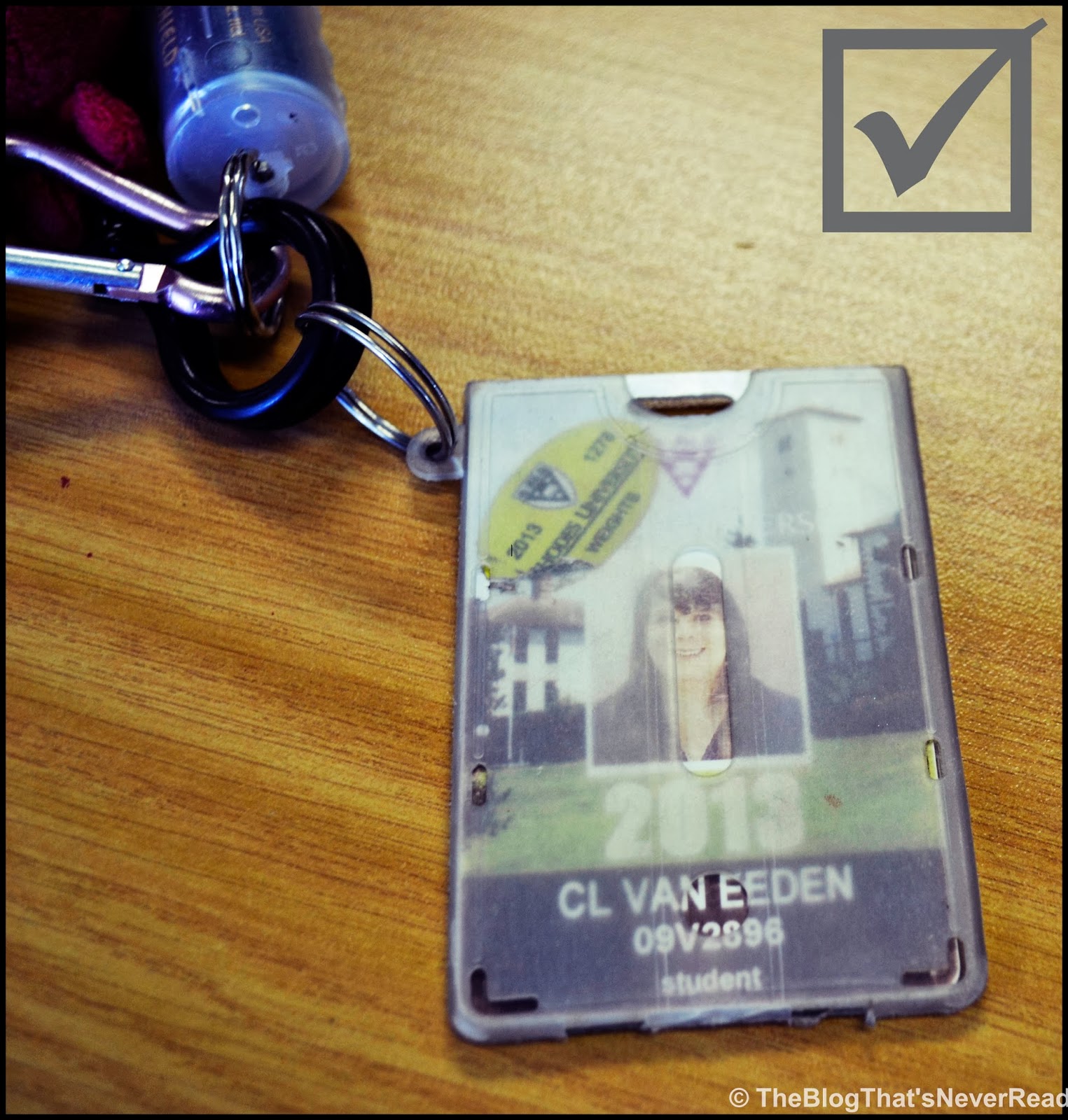Working with people, especially in groups, is something that
follows us around for pretty much our whole lives, whether we like it or not.
Think about it, even back when you were in playschool, you would work with
other kids to build a tower out of blocks. School is an endless series of one
group work project or presentation after the next. For some, working in groups
is a comfortable and relatively easy experience and for others it’s utter hell.
Here are a few pointers that may get you through your next group work
assignment:
- Learn to listen – It is built into our chemistry that we need to feel heard. But in group situations you are competing with several other people, who all feel that they need to be heard. Always try to wait your turn to speak and don’t talk over others or finish their sentences.
- But be heard – Don’t wait so long for your turn to speak that you’re actually not being heard. Everyone’s opinion in a group situation is important, otherwise you wouldn't be in a group. Be assertive and make sure that you get your chance to speak without being passed over. Do not tell yourself that what you have to say is less important than someone else’s opinion. If someone is constantly talking over you or interrupting you, don’t sulk, just stand up to them. But of course do so respectfully.
- Think about your intention – What you intend to get across when speaking to your group and how what you say is interpreted are two different things. Your intention may be to innocently help someone with something that they are struggling with, but it may be interpreted as you thinking that the person you are helping is inadequate or stupid.
- Find a balance between selfish and selfless – This one is pretty self-explanatory, but be careful not to take on too much or too little of the work required by the group. You don’t want to be overwhelmed and drowning while the rest of the group coasts along but you also don’t want to be that annoying slacker.
- Be that annoying person – Be the douchebag who is constantly reminding people about time constraints or about how much work there is left to do. But learn to rein it in. Constantly reminding people about these things may affect their productivity and will most likely stress people out more than necessary. Think of ways to use to use these reminders to keep people motivated rather than discourage them.
- Share – Share ideas, share workload, but most importantly, learn to share responsibility. Its all very well offering to take on the largest or most complicated part of a group task, or even offering to be the person who compiles everything. But also keep in mind that you are working in a team and no person should feel like they are drowning when there are others around to help. Also keep an eye out for people who take everything on and offer them help of you see that they are struggling, you may find that they desperately need it.
- Be flexible – Although you may feel very strongly about your idea – you may even think it’s groundbreaking stuff – always keep in mind that it may not be the best idea. Learn to be flexible: let others take your idea and mould it or even perhaps turn it on its head completely. Be open to other ideas, no matter how much you believe in your own, and be careful not to shut down other people’s ideas on the premise that yours is better than theirs. The truth is, someone might truly have a better idea than you do. But of course don’t go around telling yourself that your ideas are not good enough or that someone’s always going to have a better idea than you do. Everyone’s ideas are important!
- Avoid gossip – Try not to get involved in any gossip sessions about other group members behind their backs, especially during the time that you’re working with them. This can affect your ability to trust the person/people and can quite possibly screw you over at a later stage.
- When tensions run high – It is quite possible that at some point during your time working in a group that you will encounter a high-pressure situation that usually involves a deadline. You’ll soon learn that a person’s ugly side will reveal itself in its extreme form in these circumstances. There is very little that you can do about other people’s behaviour in these situations, unless you’re in a position of authority. But you can be in control of your own behaviour, and this is what’s most important. Be especially self-aware in high-pressure situations. Be careful not to shout at others, make them feel incompetent or bully them into getting things done. Although you may get frustrated with the pace at which others may be working so close to a deadline, keep in mind that you all have to read the deadline together.
- Learn – Reflect on the experiences that you had as a member of a group and think about what you can learn from what may have occurred. Keep in mind what you have learned about yourself and try to improve in your next group work situation.








